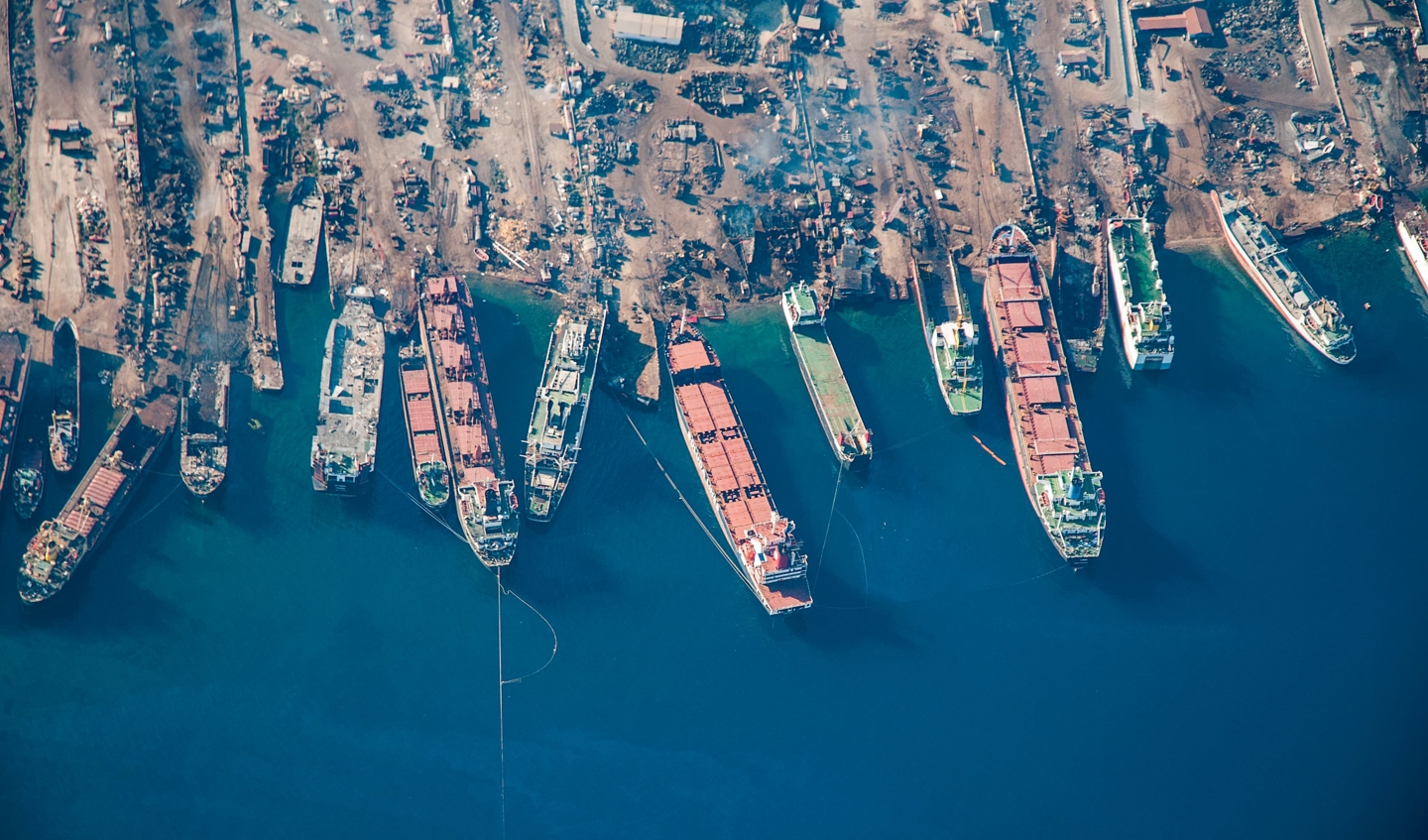To those who have been following the Hong Kong Convention’s (HKC’s) progress, Bangladesh’s ratification on 26 June should have come as little surprise.
Back in 2018, it passed its Ship Recycling Act, which set out a five-year timetable towards ratification, and now it has hit its target year squarely amidships. It ratified the convention on 26 June, as too did Liberia, which met the convention’s requirements for both recycling capacity and registered tonnage at the same time.
As for Liberia’s timing, one well-informed commentator told a conference organised by the International Chamber of Shipping (ICS) in 2019 that the flag state had long been a supporter of the convention but had held back because its large registered tonnage could actually hinder its entry into force because of the convention’s requirement that recycling capacity among its ratifying states should equate to at least 3% of those states’ registered tonnage.
Based on those past comments, it makes sense that, with Bangladesh on board, Liberia could safely ratify the convention and fire the gun to establish an entry-into-force date of 26 June 2025.
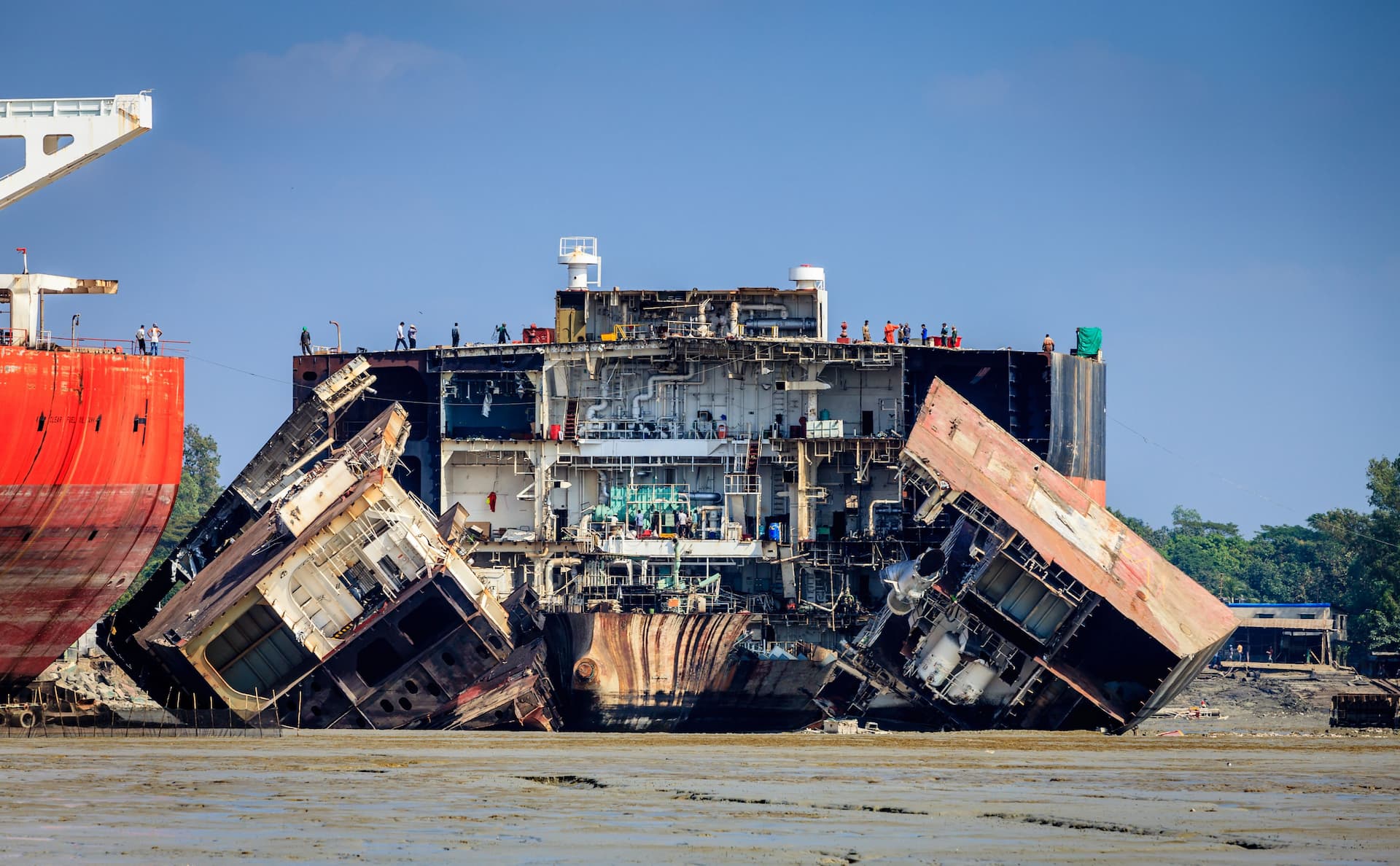
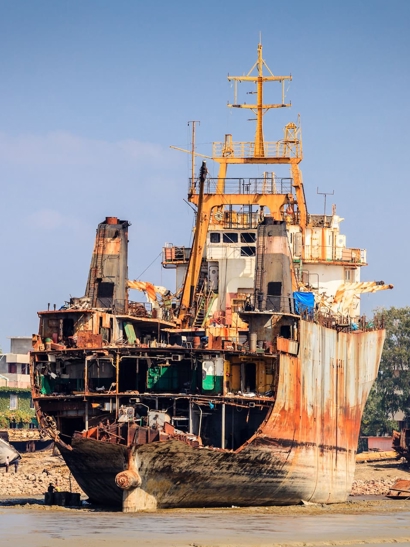
Will the subcontinent be ready?
By far the most significant global recycling region is the Indian sub-continent, with Pakistan, India and Bangladesh being leading recycling nations. So a key question as the HKC’s entry-into-force comes closer is whether the region will be ready to provide sufficient yard capacity to meet demand from the shipping sector.
Pakistan has not ratified the HKC but there seems little fear that it could become a haven for non-convention recycling activities. No ships had been beached there since January, the largest cash buyer for end-of-life tonnage, GMS, said in its weekly newsletter on 30 June. It blamed this on the country’s economic situation and its “ongoing domestic coups, constantly changing leadership and political turmoil.” It therefore “remains uncertain when Pakistan will get back to buying and it seems pointless even discussing vessels with Gadani recyclers under the current circumstances.”
Pakistan’s plight is due at least in part to the catastrophic flooding it suffered from June to October 2022 during which a third of the country was submerged, suggested Lloyd’s Register’s Global Manager for Ship Inspection and Assessment Services, Ehud Bar-Lev. The region where its recyclers are based was badly affected, he said.
Mr Bar-Lev is based in Israel but has visited many Indian recycling yards and leads LR’s work in assessing recycling yards against both the HKC’s requirements and the EU’s Ship Recycling Regulation (SSR), which includes a list of yards that meet its standards. At present, no yard in the subcontinent has been included on that list.
He paid tribute to the many Indian yard owners who have embraced the increasing demands for regulated and safe recycling and commended some ship operators – in particular Maersk and China Navigation – that developed detailed policies on how their ships should be recycled a number of years ago. In fact, LR provides audits during recycling (ADRs) for Maersk, making several visits to check their processes.
2024 marks 150 years of Lloyd’s Register’s Indian office, with celebrations taking place in the months leading up to that moment, so final ratification of the HKC has come at a significant time for the society’s work in the region.
LR has inspected a number of Indian yards and issued certificates of compliance to either the HKC or SSR and makes frequent visits – at least two and up to four per year; sometimes unannounced – to check that yards maintain their standards. If no non-conformities are found, the certificate is endorsed, but if major non-conformities are discovered, the certificate is suspended until those issues have been resolved, Mr Bar-Lev said.
Based on his experience, he is confident that India will be ready when the HKC comes into force. Some have been proactive and have invested already to bring their facilities up to the required standards; “they are great people to work with”, he said. He expects others will follow in their wake because this is the only way they will stay in business and predicted that the same will apply in Bangladesh.
Capt Shameem agreed. Its 2018 Ship Recycling Act incorporates rules that he described as replicas of the HKC so there is no alternative for yards but to comply if they want to continue recycling, he said. But he agreed that it will be challenging to lift all its 100+ registered recycling yards to the standards required by the HKC, although only about 25-40 of them are operational, he estimated.
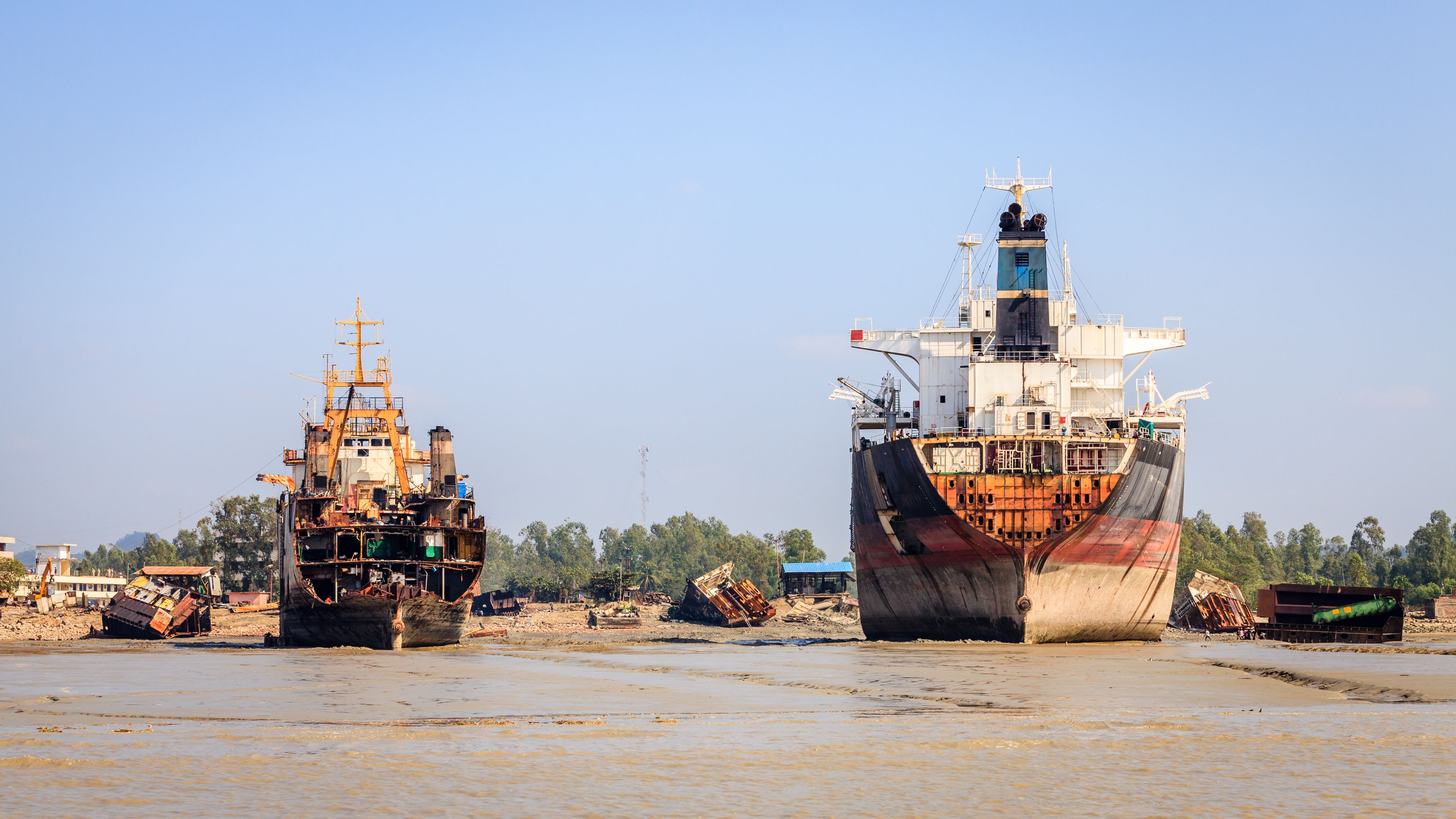
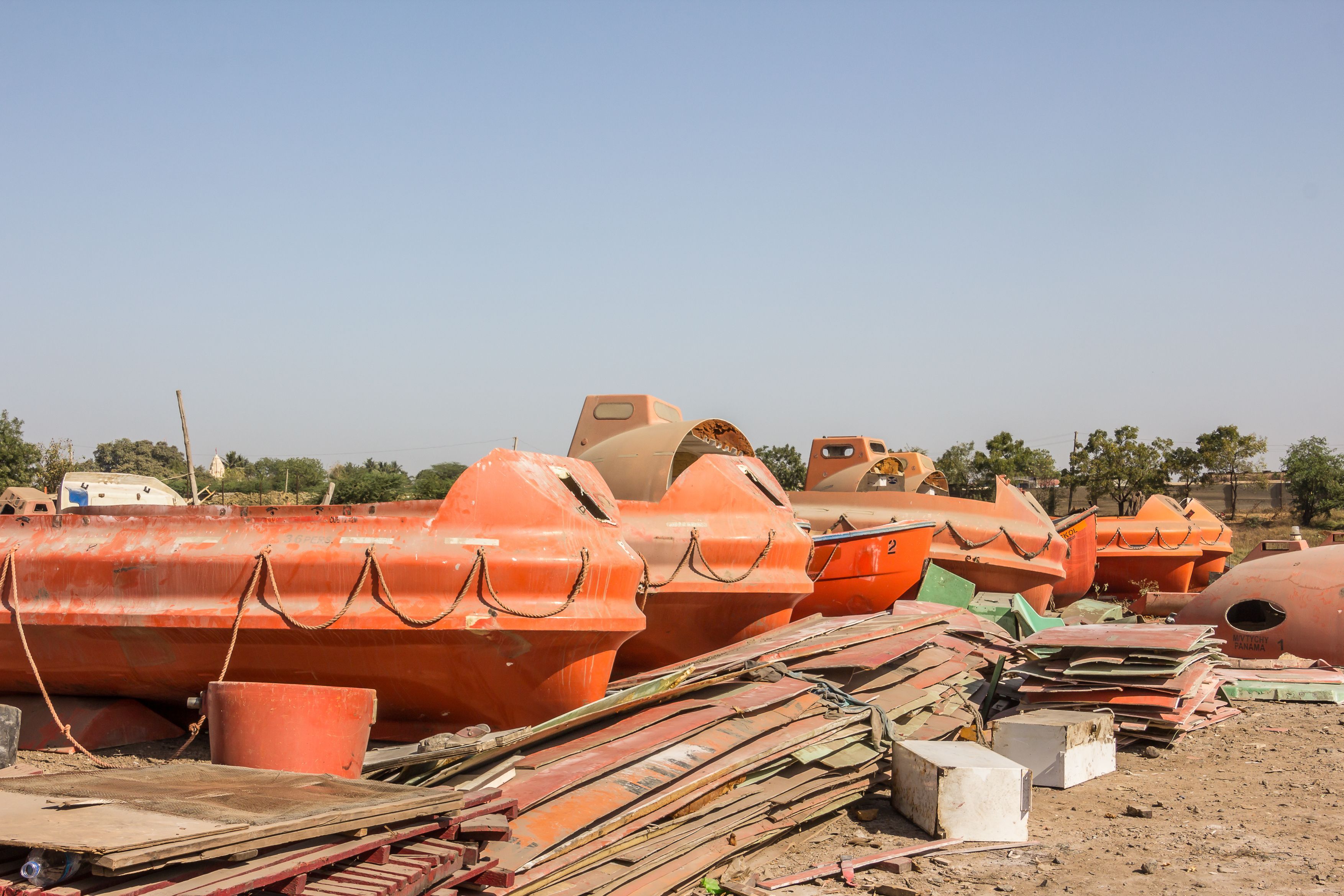
He named PHP Ship Breaking and Recycling Industries as a ‘pioneer yard’ in responding to the HKC’s requirements, and the group’s website states that it is the only ship recycling facility in Bangladesh that complies with the HKC. In fact, Capt Shameem said in late August, four yards then met the standards – the most recent being the KSRM facilities – with another four or five in the pipeline, having completed all the approval procedures. “There is now a rush for people to get their yards Hong Kong-compliant,” he said.
To achieve this, they need finance, which could come from local or international sources or from donor agencies, he said. One likely source of cash is expected to be the Japan International Cooperation Agency (JICA), which has an office in the country and its website says that it is “a top bilateral donor in Bangladesh … focusing on … accelerating sustainable economic growth and overcoming poverty.”
In July, Bangladesh’s Foreign Ministry reported that Foreign Minister Dr AK Abdul Momen approached his Japanese counterpart, Yoshimasa Hayashi, on the sidelines of an ASEAN meeting in Jakarta to seek JICA funding to develop safe and sustainable ship recycling in the country. Capt Shameem identified one particular aspect that would benefit from such funding: downstream waste management.
Non-Compliant Yards
Despite ambitious plans in both India and Bangladesh to bring their yards up to the HKC standards, not every facility will get there in time, said Jennifer Riley-James, Lloyd’s Register’s Lead Specialist for Regulatory Affairs in its Technical Directorate. And when LR audits a yard, “it is not a superficial tick-box exercise; we're looking really deeply at the processes,” she explained.
National governments have the final decision on whether a yard complies, since they are the ‘competent authorities’ referenced in the HKC, but if they do not authorise a yard then it should not be able to recycle a ship registered to a state that is a party to the HKC, she explained. It is not clear whether they would be able to operate at all – for example, to recycle ships from non-convention states – it would depend on how it the local legislation was written, Dr Riley-James said – but Capt Shameem suggested that, in Bangladesh, such yards could provide other services, such as storage.
From a shipowner’s perspective, ships registered in ratifying states would not be able to use non-compliant yards, Dr Riley-James said, because they would not be able to complete their pre-recycling paperwork, which should specify a compliant yard as its final destination, include a ship-specific recycling plan and have a completed Inventory of Hazardous Materials (IHM).
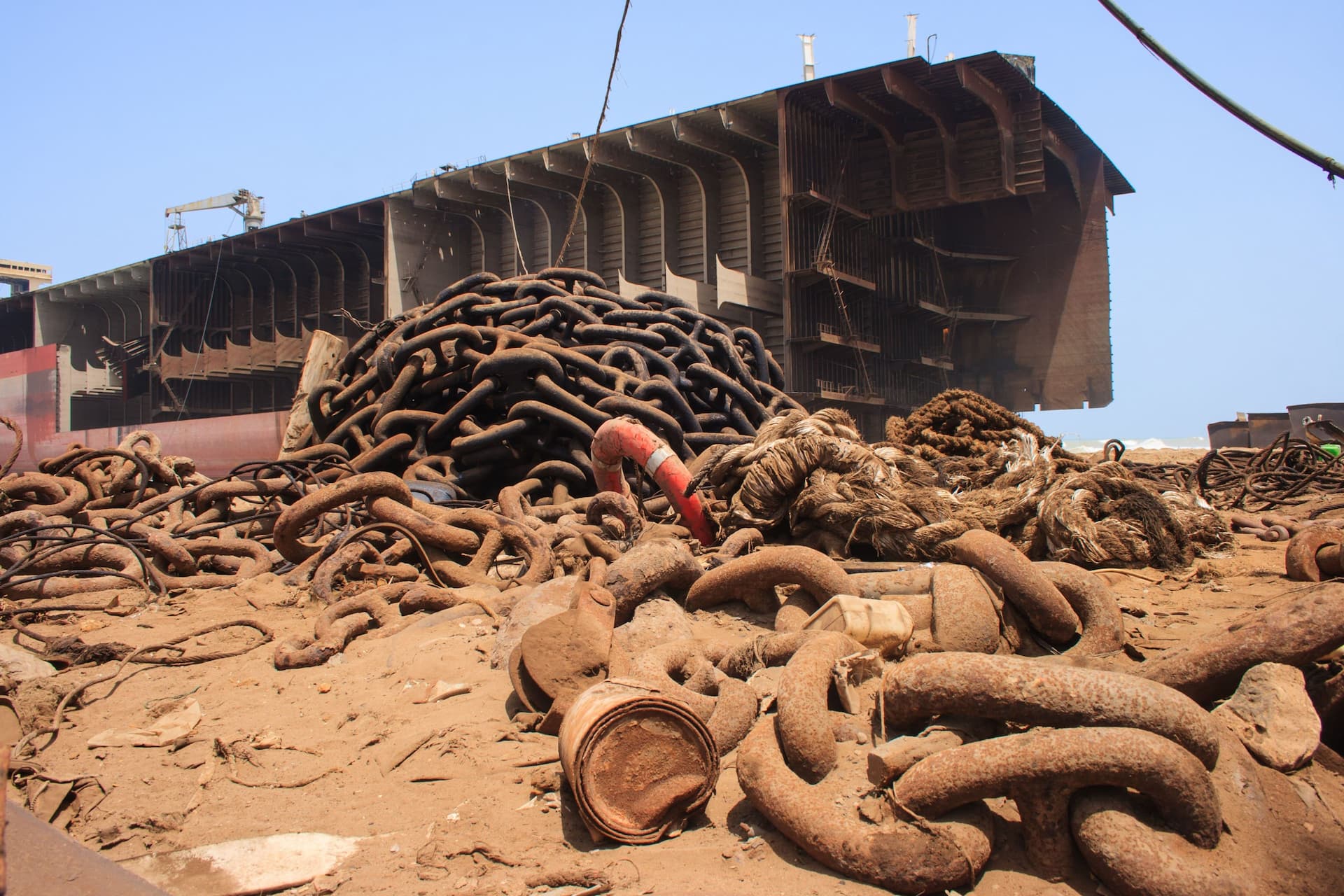
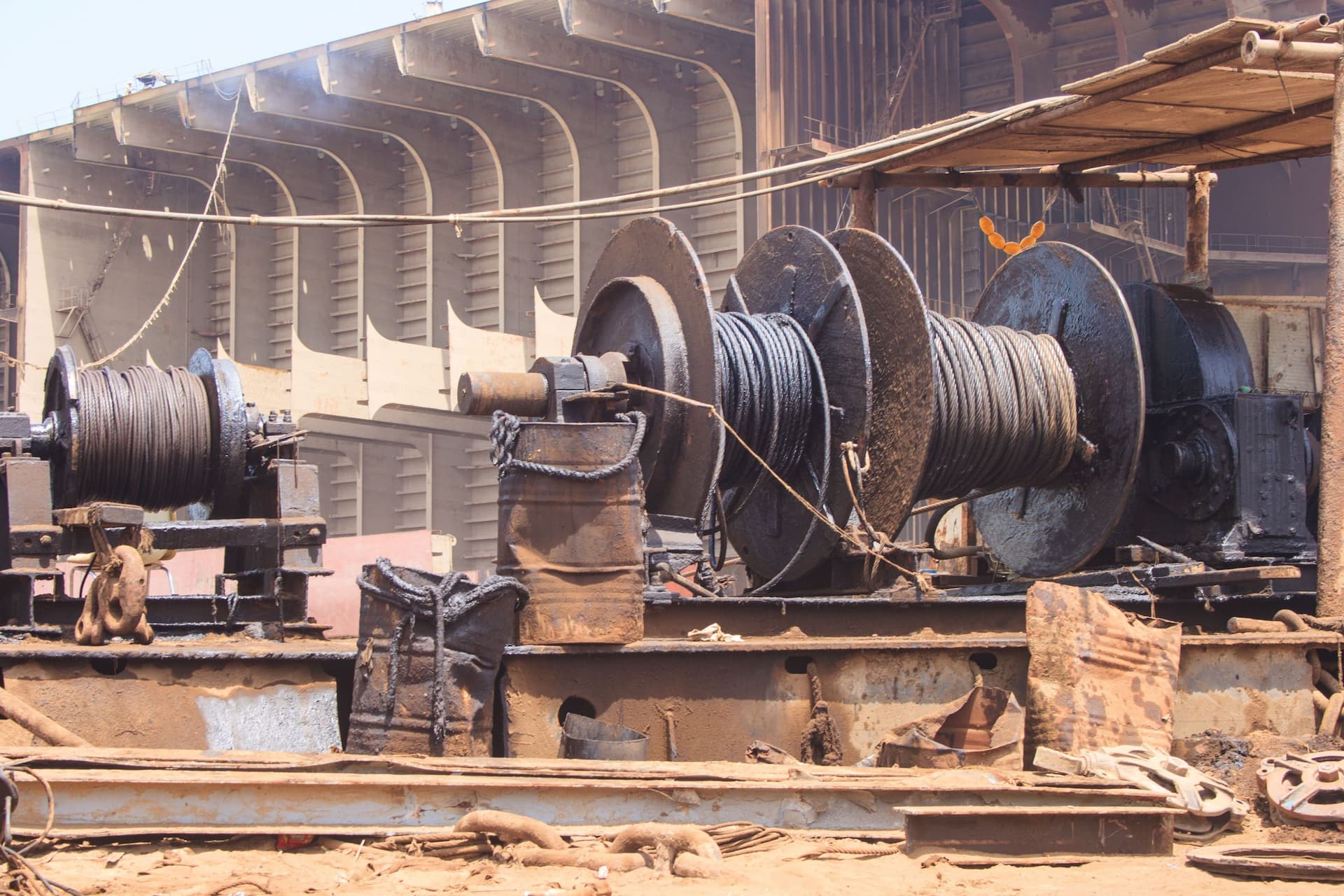
As a Recognised Organisation (RO), a class society will be looking at details such as those during a vessels final survey ahead of issuing an International Ready for Recycling certificate, she explained, so non-compliant yards – whatever their national regulations say – would not be able to acquire ships that are party to the convention.
But she is concerned that there may be inconsistences in how the standards set by the HKC are assessed, since that is left to the competent authority, which can delegate the work to an RO. “There's a question around how different assessors will apply the standard,” she said. For example, will they simply check that training has been provided or look into the competence of the training provider, as Lloyd’s Register does?
To underline her concern, she mentioned ISO 30000:2009, which addresses ship recycling management systems. Every yard has got it, she said, but because of the way its compliance was assessed globally, “it became a race to the bottom; it's a rubber stamp that means nothing.” She does not want the HKC to become like that.
As for shipowners who might re-flag a ship – or sell to a cash buyer who will reflag it – to a non-convention state so that it can go to a non-compliant yard, she said that there is no technical reason why that should not happen. However, she warned that reputational damage and responsibilities implied by a shipowner’s ESG (environment, social and governance) policies should be considered.
There have also been legal actions brought against shipowners in response to accidents in recycling yards. For example, a yard worker in Bangladesh fell to his death in 2018 while working on a tanker owned by a UK shipping company and the UK courts allowed his widow to sue for damages. The case reached a confidential settlement in 2021 said Oliver Holland, a partner at the law firm Leigh Day who represented the widow.
He had also represented a Bangladeshi yard worker who had been severely injured while dismantling a UK-managed ship in 2017. That case also reached a confidential settlement, in 2018, even though the ship had been sold to cash buyers prior to recycling.
Dr Riley-James’ advice to avoid such situations is simple: shipowners should conduct due diligence before selling a ship, for example by setting recycling standards in that contract based on internal policies. “Develop an in-house ship recycling policy to say what will happen in that contract of sale. Do you want to take a gamble that you might get caught out on?”






